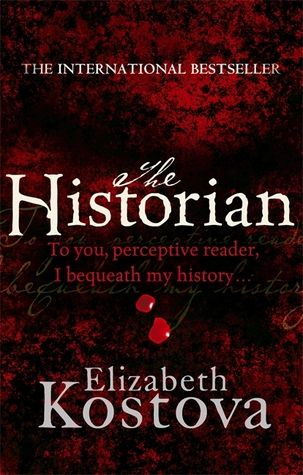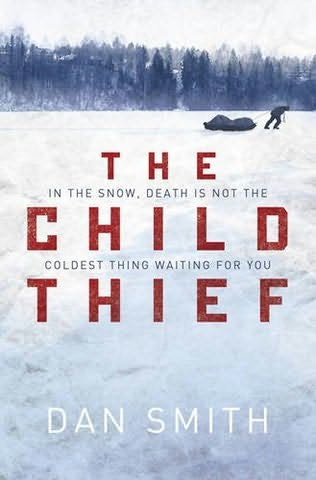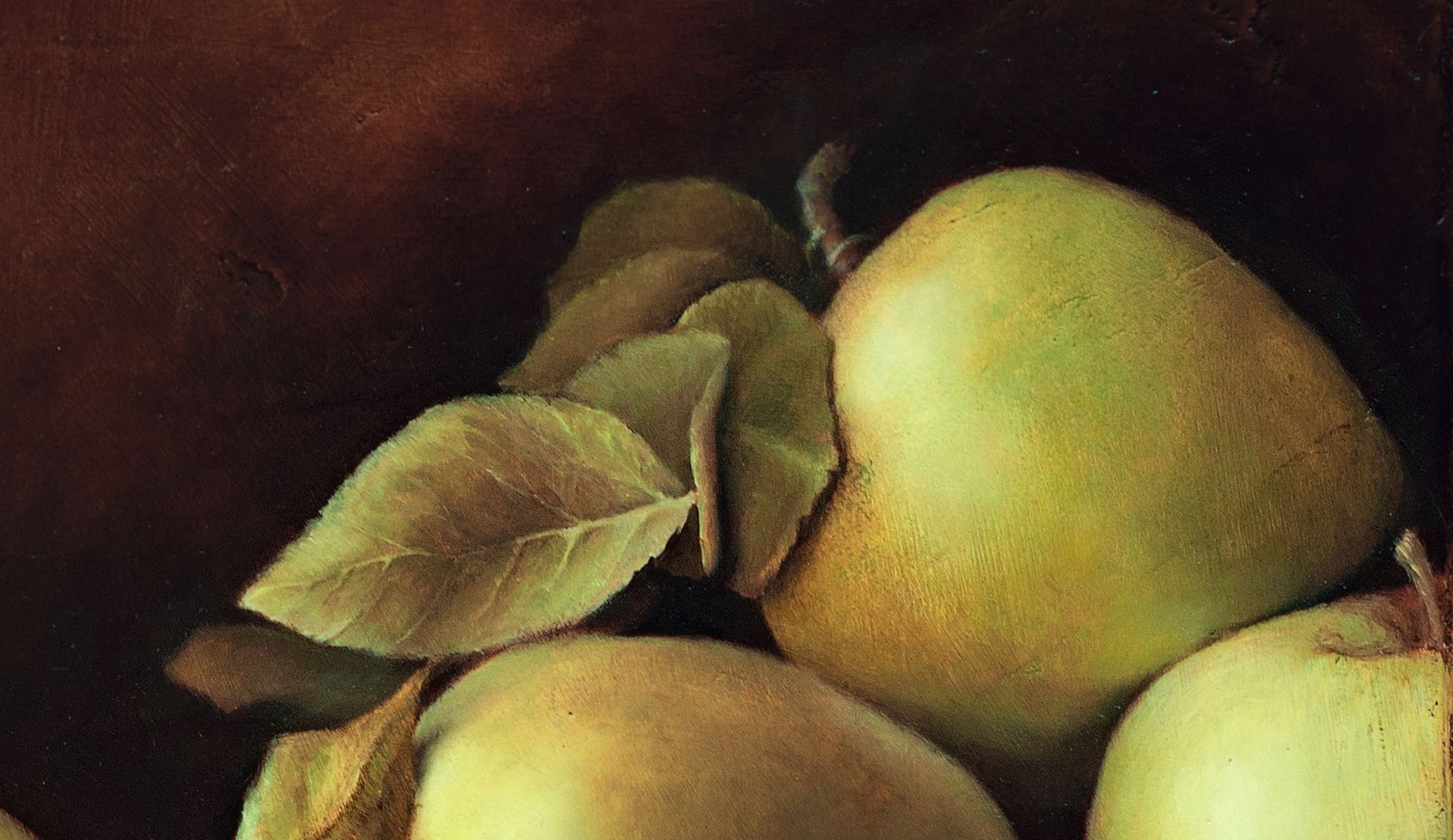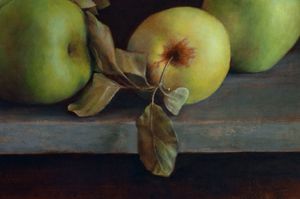{First published August 4, 2015}
☛ Tip of the hat for the title goes to the lovely Cedar Sanderson, whose series "Eat this while you read that" is without question, one of the reasons why I know that God loves me and He created the internet because he wants me to be happy. And probably also fat. ☚
Artists do all kinds of weird things to get into the art-makin’ groove. I know some who want complete silence. Some like to have the tv on in the background. Or they like noise with no words and have pandora playing them a station full of acoustical music. Or the music has to be a certain genre, like blue grass or heavy metal or metal played to sound like bluegrass. (it exists!)
Everyone has a preference, and there’s a lot of argument about what is most effective. Even among scientists who, having cured the world of cancer and war and Justin Bieber, have done multiple studies on music and whether or not playing it while working helps productivity or hinders it. (Spoiler: They are conflicted. NYTimes: It makes you more productive! Time: Y'all be trippin'. )
My personal take? It depends on your personality. You figure out what works for you, and you run with it.
For myself, I absolutely have to listen to a book while painting. And I’m not alone. Based on my purely anecdotal experience, roughly half-ish of the people I know who draw or paint, enjoy listening to books while doing it. (how do you like that math?)
Because I know some of you like to listen while working, I thought I’d share a couple of audio books that got me through many hours of doing the art thing. And if you haven't quite decided on a particular groove to get you in that special creative mode, you may want to give audio books a try.
I couldn't possibly decide what my top three favorite books to listen to are, but as I look through my library, here are some good places to start. The key ingredients of a good tale told by an excellent narrator are present in all of them.
(For what it's worth, I have met very few genres that I didn’t like. At a glance, I have biographies, historical fiction, cozies, noir private eye, an obscene number of sci-fi/ fantasy, spy novels, books with lawyers as the main character, zombie apocalypse, urban fantasy, sword and horse fantasy, mystery, and also anything by Neal Stephenson. Whatever genre that is. )

The Historian by Elizabeth Kostova
What if Dracula were real? And still alive? And had a thing for kidnapping historians?
I’d think it was an odd and ambitious idea if this story weren’t executed so well. This novel spans decades with protagonists from multiple generations. As for genres, it refuses to sit comfortably in any one category. It’s an historical fiction, also technically a fantasy (… or mythology, maybe?), with wicked suspense and a heap of cozy characters. It’s one of those very few books that I’ve listened to multiple times.
When it comes to an audible book, narration can be nearly as important as the writing of a story. A good narrator can animate the most dry plots, while a bad narrator can completely ruin any adventure. In this instance, I can be honest when I say I’m not sure if I’d have enjoyed the book so well without the narration by Justine Eyre and Paul Michael. Justine’s voice is youthful, but clear and intelligent- a perfect casting for The Daughter. I was also pleasantly surprised to note that she doesn’t try to over-do male parts. Too often, female narrators will try to roughen up or deepen their voices while reading a male character. Thankfully, Justine instead relies on using a more masculine cadence during those moments when it's needed. The rhythm is hard to describe, but if you listen to her you’ll see what I mean. She’s perfectly cast for this book.
As for Paul Michael, he is equally wonderful in his roll. He had what might be considered a harder part to read as he had to act out the voice of a young man, several older men of different ethnicities, as well as multiple women. He managed it all very well. I’ll not hesitate to listen to more works voiced by him.

A History of the Second World War
Book 1: The Second World War, Milestones to Disaster by Winston Churchill
Speaking of perfect narrators, no one is more suited to the task of reading Churchill’s memoir than Christian Rodska. The man SOUNDS like Churchill, only lacking the lisp. Seriously, listen to the preview. It’s almost eerie.
Equally fantastic is this overview of WWII from Churchill's insightful perspective. The first volume is particularly intriguing. Perhaps my American education is to blame, but I’d been taught little about what actions lead up to the war, only that it happened. Listening to the events from an inside view gave me a fresher understanding of Europe’s motivations during that moment in time. It is far too easy, multiple generations later, to dismiss their concerns. Of course we know the outcome. For Churchill, who seemed to be one of the few people capable of recognizing the emergent crisis, it must have been exceedingly frustrating. For that reason, I can’t help but forgive him the over all feeling of “I told you this would happen, dammit!” that pervades this first book. When Churchill was asked what he believed history would call this war, he only suggested that it should be called the Unnecessary War, for there were far too many moments when it could have been avoided, and wasn’t.
The only thing that disappoints me about this reading is that, although Audible.com calls it unabridged, this four part series is actually an abridgment of a larger six part series. Apparently it was Churchill himself that did the editing out, but I’ve heard that the missing bits are fascinating reading. Yes, I know that the four books combined take around 45 hours to listen to, but I wish the publisher had chosen to keep the entire narration intact. Still, for an overview of events, these books are a definite must listen.

The Child Thief by Dan Smith
narrated by Bronson Pinchot. (yes... that Bronson Pinchot. You will not recognize him. Trust me.)
Smith could have chosen any of the characters in his story to be his main character. He might have made it a "coming of age" tale and chosen one of the sons. Or a sinister tale of desperation and sorrow by choosing one of the children who were stolen. These days, it's become popular to have an "anti-hero" and make the villain the protagonist; in which case he might have picked the Baba Yaga to tell the story.
All of those plot lines have been done before, however, and some of them are getting quite tired. Instead, Smith chose to tell the story from the perspective of Luka, a father and retired Russian soldier living in the Ukraine during Stalin’s Great Purge- and the result surprised me. Luka is one of the most well written characters I've ever come across.
Still, it's not just Luka's story. There is tremendous depth and subtlety everywhere you look here. It's clear how much thought Smith put into crafting this. Even the setting cold, quiet, and dangerous- is given a personality. The result is an utterly unique tale that is haunting me over a year after I finished it.
As for Bronson Pinchot- I fell in love with him as a narrator while listening to Larry Correia's Grimnoir Chronicles (for which I hear he was nominated for multiple audie awards.) I cannot imagine a better person to voice this story. In the beginning, the thick Ukrainian accent threw me. By the end, however, I was completely absorbed. He successfully creates distinct men, teenagers, soldiers, women's and children's voices without distraction. He’s very good.

It's funny, when people look at my artwork, they might see fruit or stuffed bears or a gentleman's face. I look at it and I'm immediately brought back to the most intense and interesting passages of whatever book I was listening to at the moment I layered that paint.
You might see an apple, where I remember that during the underpainting, I was listening to Tyler Vernon discover the magnificent properties of "dragon tears" in John Ringo's Live Free or Die. And while I was glazing that leaf over there, I was listening to Shadow talk to his dead wife in Neal Gaiman's American Gods. When I paint while listening to books, I sometimes feel like I'm leaving pieces of the story on the canvas along with the images I'm creating. I recall them vividly.

